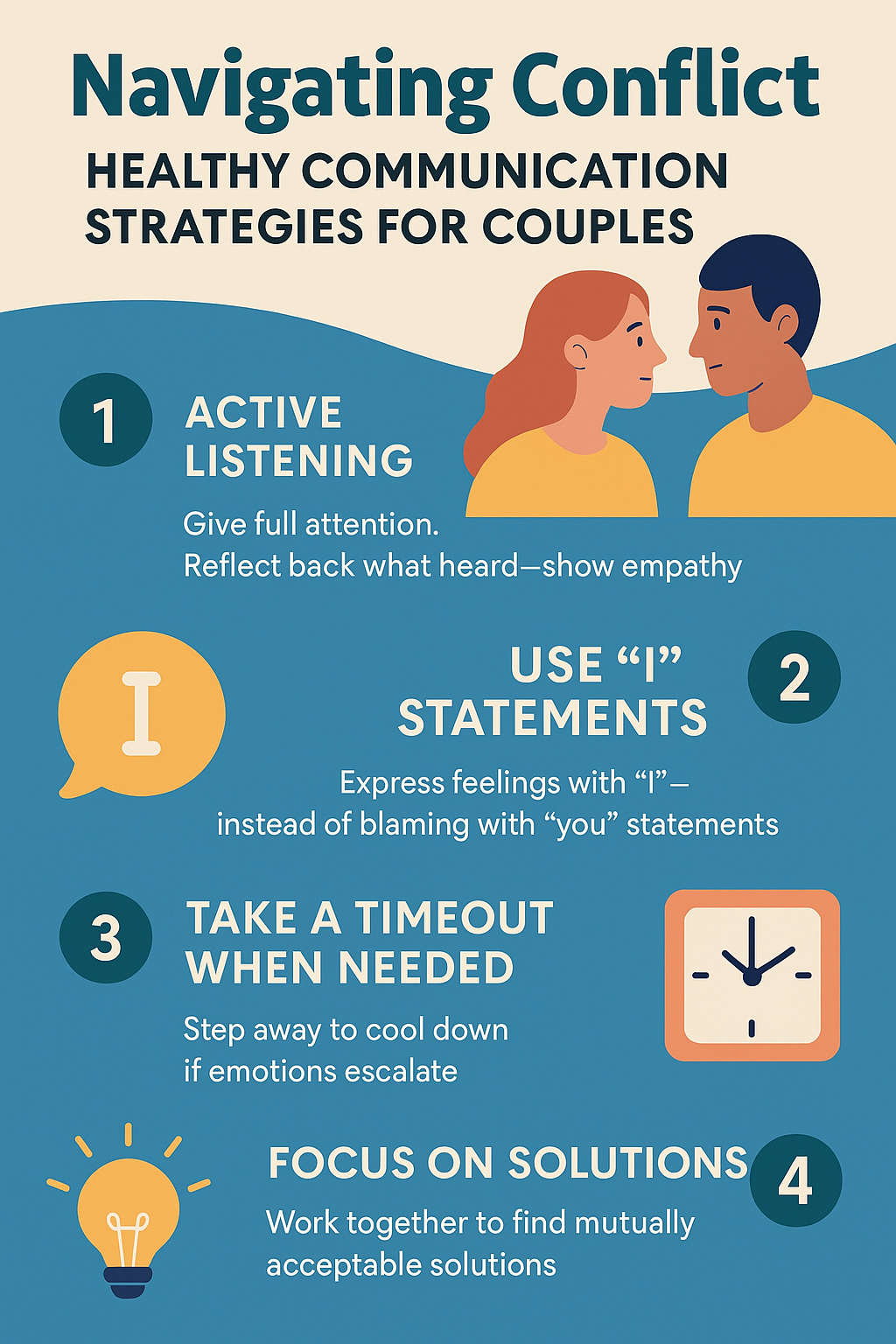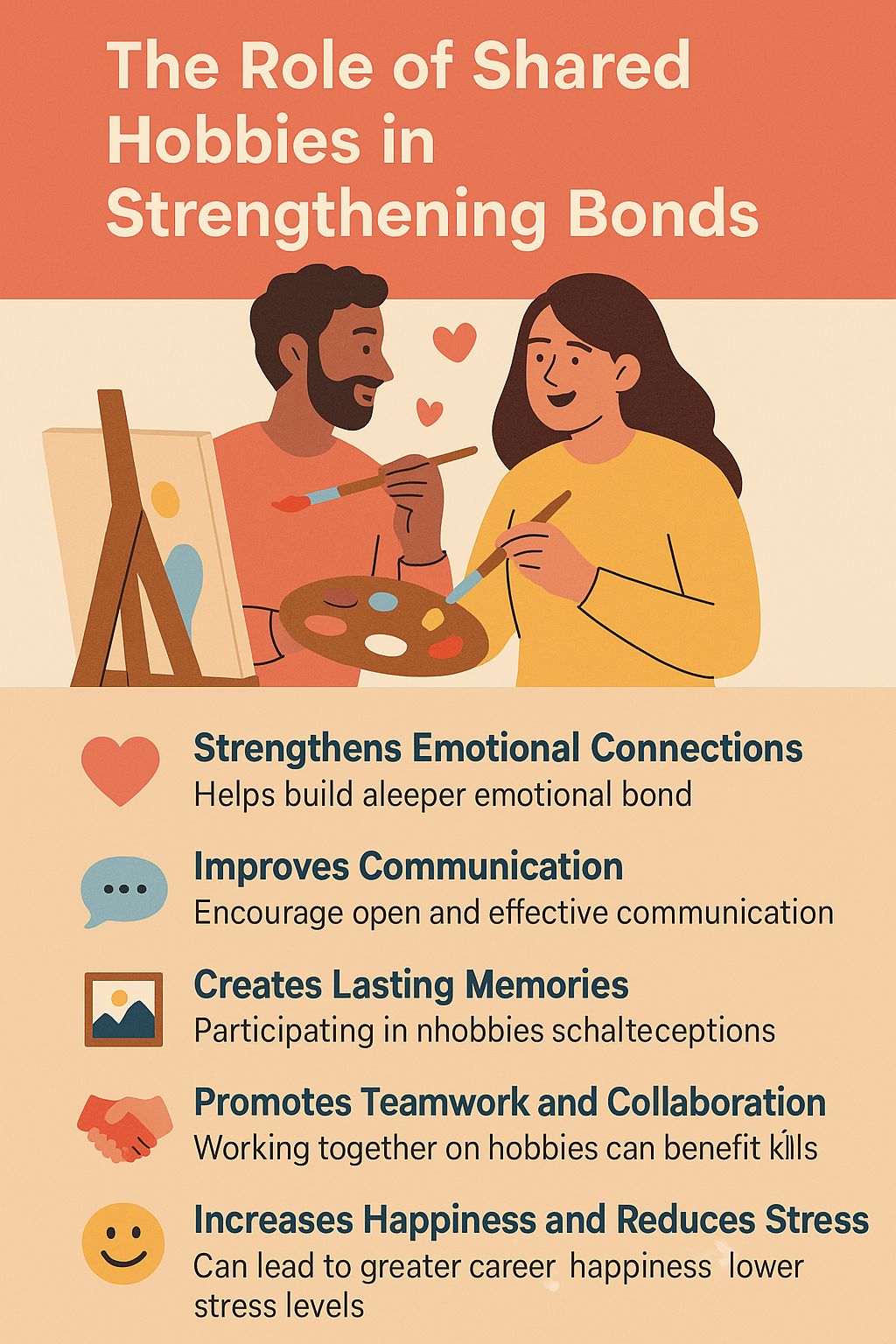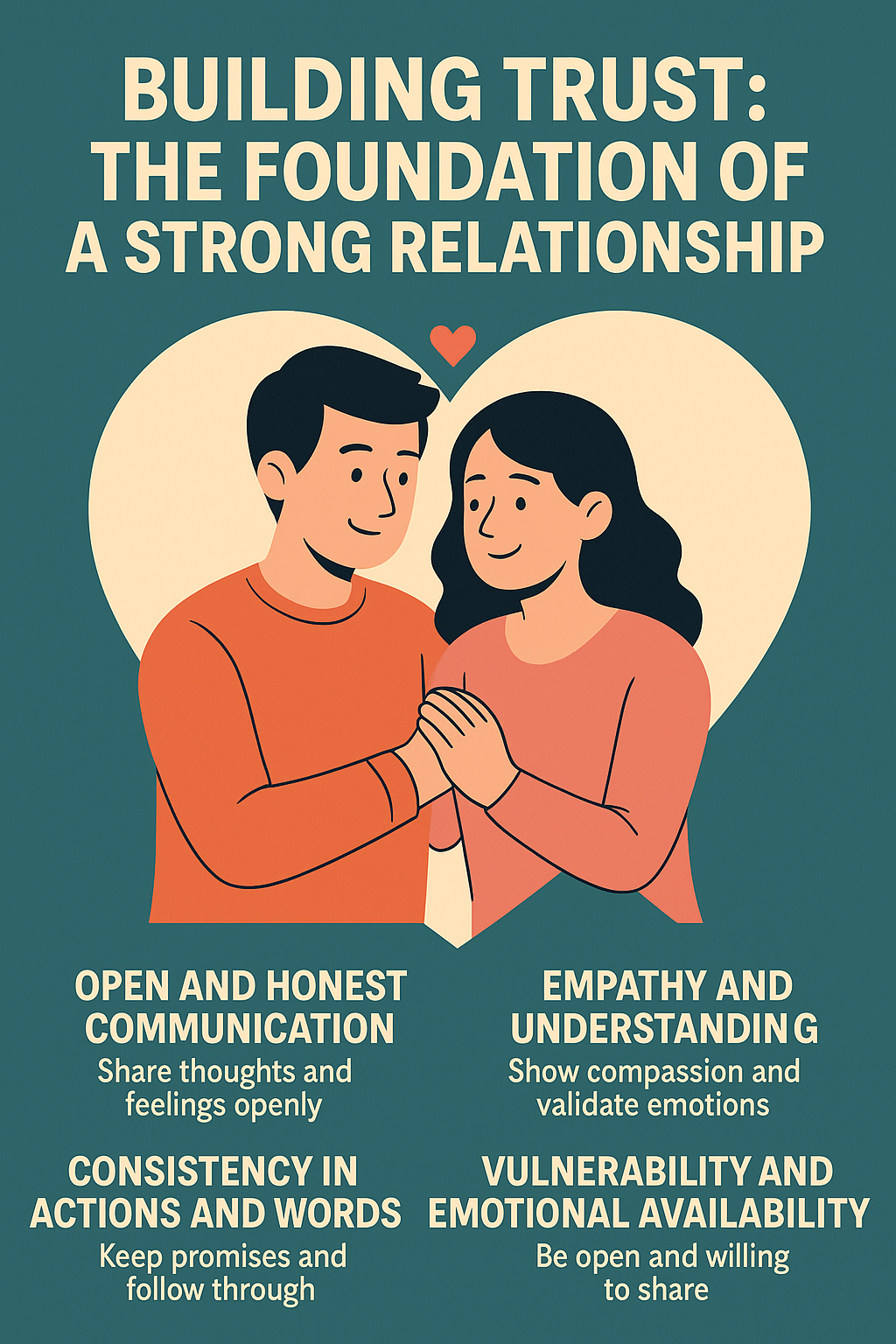Navigating Conflict: Healthy Communication Strategies for Couples
Disagreements in relationships are inevitable. Every couple faces them—whether it’s over how to spend a weekend, managing finances, or even deciding which movie to watch. But here’s the key: how we communicate during these moments can define the health and longevity of the relationship.
Healthy communication isn’t about avoiding conflict altogether—it’s about handling it with grace, respect, and understanding. When approached correctly, conflict can even bring couples closer together, fostering deeper emotional connections. The secret? Using the right communication strategies.
Let’s dive into some proven techniques that can help you and your partner tackle disagreements constructively, leaving you both feeling heard, respected, and, importantly, closer.
1. The Power of Active Listening
One of the most crucial yet often overlooked aspects of conflict resolution is listening—not just hearing, but truly listening. Active listening involves giving your partner your full attention, without interrupting, judging, or preparing your rebuttal while they’re speaking. Instead, you focus on understanding their perspective.
Studies show that couples who engage in active listening are more likely to have a lasting relationship. According to a study by the Gottman Institute, 69% of relationship problems are perpetual, meaning they don’t go away, but couples who listen to each other are better at managing these issues over time.
Tips for active listening:
- Maintain eye contact to show you’re engaged.
- Nod or provide short affirmations like “I see” or “I understand.”
- Reflect back what you heard, like “So what I’m hearing is that you feel frustrated when we don’t communicate about our plans.”
- Don’t interrupt, even if you’re feeling emotional. Wait for them to finish.
Active listening not only helps resolve conflict, but it also prevents the escalation of minor disagreements into major blow-ups.
2. Using “I” Statements Instead of “You” Statements
It’s all too easy to fall into the trap of “You always…” or “You never…” when you’re upset. Phrasing your feelings with “You” can make your partner feel attacked or blamed, leading to defensiveness. This is a surefire way to shut down a productive conversation.
Instead, switch to using “I” statements. By focusing on your feelings rather than pointing fingers, you can express yourself more effectively without causing the other person to feel attacked.
For example:
- Instead of saying, “You never listen to me,” try “I feel unheard when we talk, and it frustrates me.”
- Instead of “You always leave your clothes around,” say “I feel overwhelmed when the house is messy because I like to keep things tidy.”
By using “I” statements, you take responsibility for your emotions, making it easier for your partner to hear your concerns without feeling defensive. This simple shift can make a huge difference in how your message is received.
3. Taking a Timeout When Needed
Sometimes, conflict can escalate if emotions are running too high. When that happens, it’s important to have a strategy in place to cool off before the situation worsens.
A timeout isn’t about running away from the issue, but rather taking a break to allow both parties to calm down and gather their thoughts. This is particularly effective when you or your partner are feeling overwhelmed or heated.
Research shows that couples who take timeouts during conflict are more likely to resolve disagreements successfully. The University of California found that taking a brief break (15–20 minutes) can reduce emotional tension and help partners return to the discussion with a clearer head.
How to take a productive timeout:
- Agree on a specific time to resume the conversation. For example, “Let’s take 20 minutes, and then we’ll talk again.”
- Use the break to do something relaxing, such as taking a walk, practicing deep breathing, or listening to music.
- When you return, make sure you’re ready to engage calmly and respectfully.
This simple strategy can prevent escalating arguments and help both partners approach the issue with a level head.
4. Keep it Solution-Focused, Not Blame-Focused
It’s easy to get lost in who’s right or wrong during an argument, but this mindset can derail the conversation. Instead of focusing on blame, it’s more productive to think about how to solve the issue at hand.
One study by John Gottman found that couples who approach conflict with a collaborative mindset (i.e., working together to solve the problem) are more likely to have a satisfying relationship. This is often referred to as a “win-win” approach.
Instead of focusing on past mistakes or assigning blame, steer the conversation toward finding a solution that works for both of you. For instance, if you’re arguing about finances, rather than saying, “You never stick to the budget,” say, “Let’s figure out a budget plan that works for both of us.”
This helps keep the conversation productive and focused on moving forward.
5. Respecting Differences
Not every disagreement is something that can be “fixed.” Some issues may stem from deeper differences in personality or values. Instead of trying to change each other, it’s essential to respect these differences and learn to navigate them with mutual understanding.
For example, one person might prefer a quiet evening at home, while the other loves going out. Rather than trying to convince your partner that your preference is better, approach the issue with respect for each other’s needs. You could alternate between staying in and going out, or find other compromises that work for both of you.
Remember, the goal isn’t to “win” the argument—it’s to understand each other’s perspectives and find common ground.
6. The Role of Apologies and Forgiveness
Sometimes, apologising can be difficult, especially if you feel you’re in the right. But a genuine apology can go a long way in healing emotional wounds.
Research from the University of Michigan shows that couples who apologise sincerely during conflicts are more likely to experience relationship satisfaction. Apologising not only helps to mend the emotional rift, but it also demonstrates empathy and understanding.
When apologising, it’s important to take responsibility for your actions without making excuses. For instance, saying, “I’m sorry for raising my voice earlier, I was frustrated and didn’t communicate well,” is far more effective than simply saying, “I’m sorry you feel that way.”
On the flip side, forgiveness is just as crucial. Holding onto grudges can prevent relationships from moving forward, so learning to forgive is key to maintaining a healthy partnership.
Remember, the goal of any disagreement should not be to “win,” but to foster mutual understanding, respect, and a deeper connection. Healthy communication builds the foundation for a long-lasting and fulfilling relationship.
Effective communication is the key to any healthy relationship. By focusing on understanding, empathy, and resolution, you can transform conflicts into opportunities for growth. No matter how big or small the disagreement, these strategies can help you communicate better, fight less, and love more.



